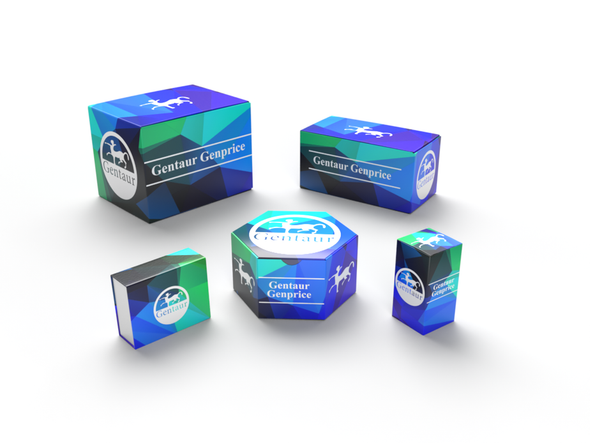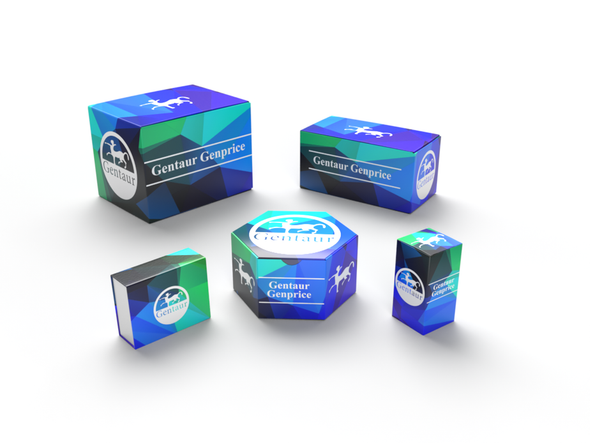740
Human Alpha-fetoprotein (AFP) ELISA Kit | AE24196HU
- SKU:
- 740-AE24196HU
- Availability:
- Usually ships in 5 working days
Description
Human Alpha-fetoprotein (AFP) ELISA Kit | AE24196HU | Gentaur UK, US & Europe Distribution
Species Reactivity: Human (Homo sapiens)
Abbreviation: AFP
Alternative Name: FETA; HPAFP; OTTHUMP00000160480|alpha-1-fetoprotein|alpha-fetoglobulin
Application: ELISA
Range: 10-400 ng/mL
Sensitivity: 4 ng/mL
Intra-Assay: ≤4.5%
Inter-Assay: ≤8.9%
Recovery: 0, 94
Sample Type: Serum, Plasma, Other biological fluids
Detection Method: Sandwich
Analysis Method : Quantitive
Test Principale: This assay employs a two-site sandwich ELISA to quantitate AFP in samples. An antibody specific for AFP has been pre-coated onto a microplate. Standards and samples are pipetted into the wells and anyAFP present is bound by the immobilized antibody. After removing any unbound substances, a biotin-conjugated antibody specific for AFP is added to the wells. After washing, Streptavidin conjugated Horseradish Peroxidase (HRP) is added to the wells. Following a wash to remove any unbound avidin-enzyme reagent, a substrate solution is added to the wells and color develops in proportion to the amount of AFP bound in the initial step. The color development is stopped and the intensity of the color is measured.
Product Overview: AFP is a glycoprotein with a molecular weight of between 65, 000 and 70, 000 daltons including 4% of carbohydrate . During fetal development, AFP maintains high levels in the serum and drops to very low levels throughout the remainder of life. AFP is elevated in the malignant diseases of hepatocellular, testicular nonseminomatous origin, and occasionally of other entodermal origin. AFP may be slightly elevated or persisted in the patients with large hepatic metastases or viral hepatitis. AFP measurement is widely accepted as tumor marker and for monitoring the therapeutic effectiveness of hepatocellular cancer and nonseminomatous testicular cancer .
Stability: The stability of ELISA kit is determined by the loss rate of activity. The loss rate of this kit is less than 5% within the expiration date under appropriate storage condition. The loss rate was determined by accelerated thermal degradation test. Keep the kit at 37°C for 4 and 7 days, and compare O.D.values of the kit kept at 37°C with that of at recommended temperature. (referring from China Biological Products Standard, which was calculated by the Arrhenius equation. For ELISA kit, 4 days storage at 37°C can be considered as 6 months at 2 - 8°C, which means 7 days at 37°C equaling 12 months at 2 - 8°C) .










